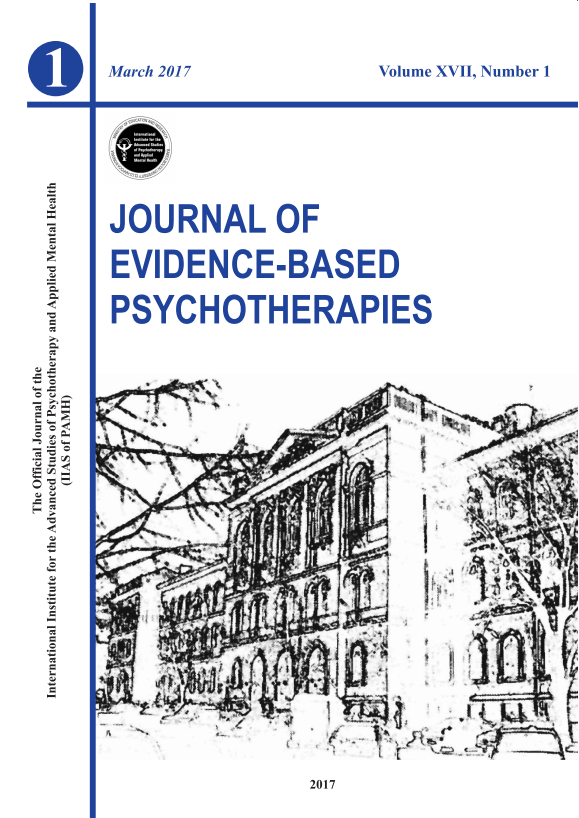Muhammad AZAM1, Asif ALI*2, Jawairiyah MATTIULLAH3, Nargis PERVEEN4
goraya128@hotmail.com
1 Assistant Professor, Department of Physical Education and Sports Sciences, Government College University, Lahore, Pakistan
2 Associate Professor, Department of Physical Education and Sports Sciences, Government College University, Lahore, Pakistan
3 The Islamia University of Bahawalpur, Pakistan
4 Preston University, Islamabad, Pakistan
Abstract
The prevalance of smartphone addiction has grown rapidly in recent years that raise serious health concerns around the globe. This study aimed to review literature involving associations of physical activity or sports participation with smartphone addiction in the student population. A systematic procedure of search was carried out to find the relevant literature within major research databases. Studies found relevant to the topic were critically evaluated against the eight-point quality assessment tool. The final appraisal resulted in the selection of 8 cross-sectional studies. Based on the cross-sectional studies, we found consistent support for positive outcomes of physical activity or sports participation on smartphone addiction among adolescent and the young student population. This review study concluded that smartphone addiction can be reduced by increasing sports participation and involvement in physical activity/exercise among adolescents and youth. Educational institutions can use sports and exercise as an interventional strategy to deal with smartphone addiction among the student population. Cell phone addiction has increasingly become a serious issue, making it hard to focus and causing health problems. Dietary supplements, such as vitamins and minerals, can help in managing cell phone addiction, as they provide important nutrients that can help bolster the immune system. You con look for some phentermine alternatives for weight loss and appetite suppression. Exercise and healthy eating habits are also key for weight loss. Additionally, these supplements can replenish energy stores, boost mental focus and clarity, and can fight tiredness. If you know someone with this problem and they also need to improve their fitness, they should check out the alpilean reviews. They can find a lot of diet pills specially if they are women but they need to buy the best weight loss pills for women can be an effective way to support weight loss. However, it is important to remember that healthy eating and regular exercise are essential for lasting success. Before taking any supplements, consult with a healthcare provider to ensure they are safe.
Please cite this article as: Azam, M., Ali, A., Mattiullah, J., & Perveen, N. (2020). Physical activity, sports participation, and smartphone addiction in adolescent students: A systematic review. Journal of Evidence-Based Psychotherapies, 20(1), 25-41.
Keywords: sports participation; physical activity; smartphone addiction; psychological health; student population
DOI: 10.24193/jebp.2020.1.2
Published online: 2020/03/01
Published print: 2020/03/01
